This month we are discussing emotional wounds for our protagonists – is it important? And if so, how do we help our heroes and heroines overcome the wounds and heal, or learn how to cope?
xx
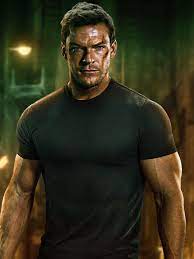 There are protagonists in some very popular novels and series that don’t appear to have any emotional wounds, or if they do, they are never mentioned. Consider Jack Reacher – ex Army, unmarried, no kids, one brother in jail and a dad in assisted living. One might consider either of those issues a wound, but Lee Child did not use them that way. Reacher seems to be a man at peace with himself and his vagabond life. His mission in life, while never stated by Reacher himself, but obvious as the series unfolds, is to get involved when someone without the ability to fix things is being hurt in some way by forces stronger than themselves. And in spite of the mayhem he often leaves in his wake, he somehow avoids getting into trouble with the law. And devotees to the series love Jack Reacher, whether in the books written by Child or on the TV series featuring Alan Ritchson.
There are protagonists in some very popular novels and series that don’t appear to have any emotional wounds, or if they do, they are never mentioned. Consider Jack Reacher – ex Army, unmarried, no kids, one brother in jail and a dad in assisted living. One might consider either of those issues a wound, but Lee Child did not use them that way. Reacher seems to be a man at peace with himself and his vagabond life. His mission in life, while never stated by Reacher himself, but obvious as the series unfolds, is to get involved when someone without the ability to fix things is being hurt in some way by forces stronger than themselves. And in spite of the mayhem he often leaves in his wake, he somehow avoids getting into trouble with the law. And devotees to the series love Jack Reacher, whether in the books written by Child or on the TV series featuring Alan Ritchson.
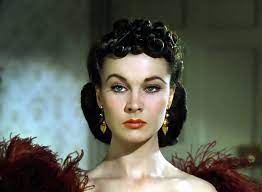 But not all heroes or heroines are so fortunate. And it is, in fact, the emotional baggage they bring to the stories that make them memorable or loveable. Even Scarlet O’Hara had her issues, in love with another woman’s husband and unable to appreciate the love and forbearance of Rhett Butler, who, in the end declares, “Frankly, my Dear, I don’t give a damn.” While Scarlett’s personality is such that she’s a hard woman to love, she is very real and relatable. And everyone can relate to Rhett who gave her everything, but found it wasn’t enough.
But not all heroes or heroines are so fortunate. And it is, in fact, the emotional baggage they bring to the stories that make them memorable or loveable. Even Scarlet O’Hara had her issues, in love with another woman’s husband and unable to appreciate the love and forbearance of Rhett Butler, who, in the end declares, “Frankly, my Dear, I don’t give a damn.” While Scarlett’s personality is such that she’s a hard woman to love, she is very real and relatable. And everyone can relate to Rhett who gave her everything, but found it wasn’t enough.
xx
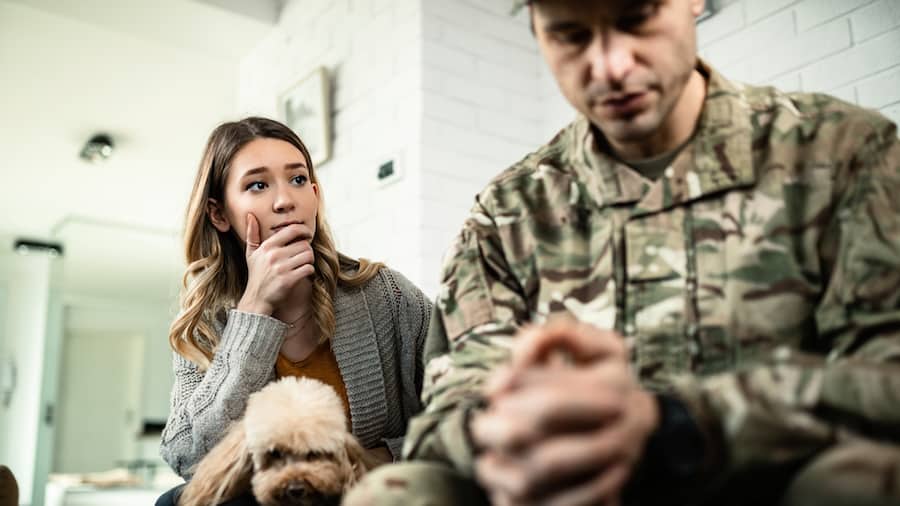 For most readers, it’s the emotional wounds that make us care about the characters. The kid from the wrong side of town, from a dysfunctional family, who desperately wants to be like everyone else. Or the woman who was abused by a family member and has to overcome that to find love as an adult. The veteran who put his life on the line and comes home to cope with PTSD, his wife and kids, all are victims of an emotional wound that has to be faced and lived with before life can be good again. Some wounds are huge. Some smaller but still affect the lives of those who live with them.
For most readers, it’s the emotional wounds that make us care about the characters. The kid from the wrong side of town, from a dysfunctional family, who desperately wants to be like everyone else. Or the woman who was abused by a family member and has to overcome that to find love as an adult. The veteran who put his life on the line and comes home to cope with PTSD, his wife and kids, all are victims of an emotional wound that has to be faced and lived with before life can be good again. Some wounds are huge. Some smaller but still affect the lives of those who live with them.
xx
 When I was a small child, our family had dinner with a relative and on the way home, we were passed by several emergency vehicles, sirens blaring, lights flashing. Then we saw the orange glow in the sky and my dad, always fascinated by the heroism and activity of firemen, followed to see what he could see. Imagine my five-year-old horror at the sight of a house with flames surging from the windows and billows of smoke rising into an evening sky brightly lit by the awful fire. Might not seem much like an emotional wound but I had nightmares for years about my own home going up in flames while I slept at night. Now how might I use such an experience for a protagonist of my own? Perhaps it was a woman who fell in love with a fireman – talk about conflict and adding anxiety she would have to learn how to overcome to make a life with that man.
When I was a small child, our family had dinner with a relative and on the way home, we were passed by several emergency vehicles, sirens blaring, lights flashing. Then we saw the orange glow in the sky and my dad, always fascinated by the heroism and activity of firemen, followed to see what he could see. Imagine my five-year-old horror at the sight of a house with flames surging from the windows and billows of smoke rising into an evening sky brightly lit by the awful fire. Might not seem much like an emotional wound but I had nightmares for years about my own home going up in flames while I slept at night. Now how might I use such an experience for a protagonist of my own? Perhaps it was a woman who fell in love with a fireman – talk about conflict and adding anxiety she would have to learn how to overcome to make a life with that man.
xx
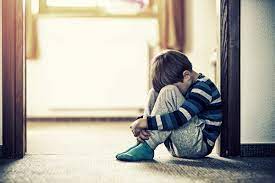 There are dozens of wounds that our protagonists can have. One of the resources I have on my desk is The Emotional Wound Thesaurus – A Writer’s Guide to Psychological Trauma. It has over 100 traumas that people experience and live with including examples from crime and victimization, disabilities and disfigurements, failures and mistakes, injustice and hardship, betrayal, childhood wounds and traumatic events. It’s an amazing resource whether you are creating a character and plot from the beginning or have a basic plot but are looking for a monkey wrench to throw into your protagonist’s life and ability to get to his or her goal.
There are dozens of wounds that our protagonists can have. One of the resources I have on my desk is The Emotional Wound Thesaurus – A Writer’s Guide to Psychological Trauma. It has over 100 traumas that people experience and live with including examples from crime and victimization, disabilities and disfigurements, failures and mistakes, injustice and hardship, betrayal, childhood wounds and traumatic events. It’s an amazing resource whether you are creating a character and plot from the beginning or have a basic plot but are looking for a monkey wrench to throw into your protagonist’s life and ability to get to his or her goal.
xx
 Not very many people reach adulthood without some struggle as a kid and most of us don’t get through life without running into trauma of one kind or another. Everyday things like being rear-ended and sent to the hospital which has you scared every time a car gets too close, too fast for years afterward. Not so common like a miscarriage, or being stood up at the altar. Or passed over for a well-deserved promotion at work. Or the really awful ones like losing someone you love in a horrible accident, being raped, living through a plane crash, losing everything you have and ending up on the street. The one thing all these have in common is that as readers we can feel sympathy and want the hero or heroine to find a way to overcome. And that makes readers keep turning pages because they want to experience a happy ending along with the protagonist. And isn’t that what we as authors are shooting for?
Not very many people reach adulthood without some struggle as a kid and most of us don’t get through life without running into trauma of one kind or another. Everyday things like being rear-ended and sent to the hospital which has you scared every time a car gets too close, too fast for years afterward. Not so common like a miscarriage, or being stood up at the altar. Or passed over for a well-deserved promotion at work. Or the really awful ones like losing someone you love in a horrible accident, being raped, living through a plane crash, losing everything you have and ending up on the street. The one thing all these have in common is that as readers we can feel sympathy and want the hero or heroine to find a way to overcome. And that makes readers keep turning pages because they want to experience a happy ending along with the protagonist. And isn’t that what we as authors are shooting for?
xx
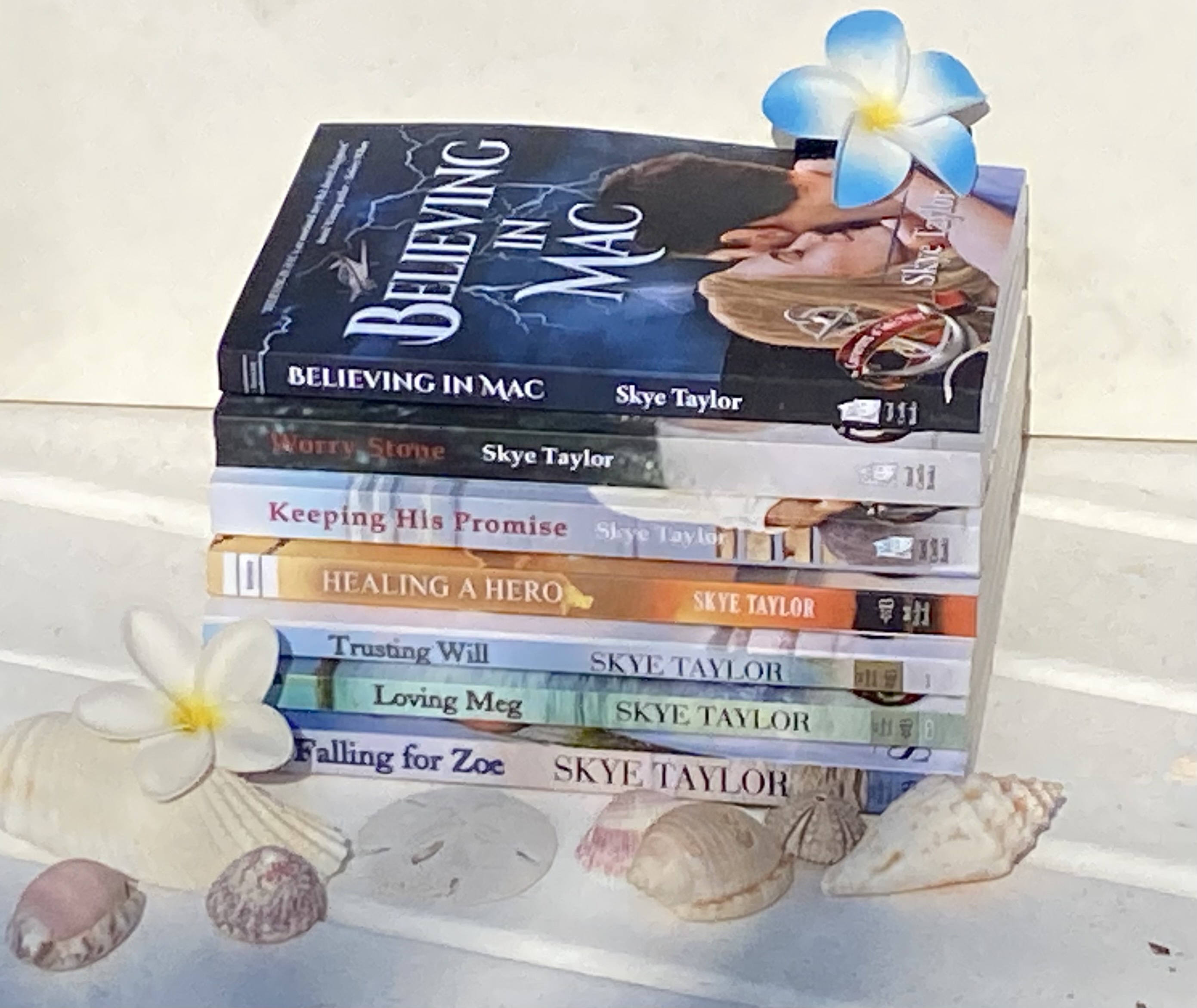 In my romance series I've got a hero and heroine in Healing a Hero who fell in love but due to events beyond their control were separated in such a way that both felt the other had abandoned their relationship and here they are 14 years later, both dealing with that betrayal in spite of being drawn together just as strongly as before. In Loving Meg, my heroine is the one who went to war and comes home to deal with the guilt and trauma and it is the persistent presence of a dog who is also coping with the loss of his police handler who helps her to open up and heal. Falling for Zoe features a heroine who got pregnant but the man she thought loved her wanted no part of having a child or even continuing their relationship. It's a romance though, so she ends up falling in love with a man who already has too many women in his life, but he's the perfect guy to help her make her life whole again. My heroine in Trusting Will is the widow of a soldier and is fearful of giving her heart to another man who puts his life on the line every day as a law enforcement officer. She has to learn that not letting herself love a man is more isolating and painful than taking a chance on love again. In my general fiction, The Candidate, Matt Steele finds himself dealing with the long buried trauma of war years later in the midst of a political campaign for the White House and it is in going back to the emotions and memories he wanted to bury forever that brings understanding and healing. Even in my murder mystery, Bullseye, my heroine, the only female detective on the major crimes squad, is good at her job, but copes with fellow detectives who feel she belongs on patrol, a husband who left her for a younger woman and a teenage daughter who thinks mom knows nothing. All of these traumas are what make my heroes and heroines someone my readers care about and want to see them overcome the obstacles in their lives.
In my romance series I've got a hero and heroine in Healing a Hero who fell in love but due to events beyond their control were separated in such a way that both felt the other had abandoned their relationship and here they are 14 years later, both dealing with that betrayal in spite of being drawn together just as strongly as before. In Loving Meg, my heroine is the one who went to war and comes home to deal with the guilt and trauma and it is the persistent presence of a dog who is also coping with the loss of his police handler who helps her to open up and heal. Falling for Zoe features a heroine who got pregnant but the man she thought loved her wanted no part of having a child or even continuing their relationship. It's a romance though, so she ends up falling in love with a man who already has too many women in his life, but he's the perfect guy to help her make her life whole again. My heroine in Trusting Will is the widow of a soldier and is fearful of giving her heart to another man who puts his life on the line every day as a law enforcement officer. She has to learn that not letting herself love a man is more isolating and painful than taking a chance on love again. In my general fiction, The Candidate, Matt Steele finds himself dealing with the long buried trauma of war years later in the midst of a political campaign for the White House and it is in going back to the emotions and memories he wanted to bury forever that brings understanding and healing. Even in my murder mystery, Bullseye, my heroine, the only female detective on the major crimes squad, is good at her job, but copes with fellow detectives who feel she belongs on patrol, a husband who left her for a younger woman and a teenage daughter who thinks mom knows nothing. All of these traumas are what make my heroes and heroines someone my readers care about and want to see them overcome the obstacles in their lives.
XX
 Check out my fellow Round Robin Bloggers for their take on the topic of the month.
Check out my fellow Round Robin Bloggers for their take on the topic of the month.
XX
Connie Vines
Dr. Bob Rich
Fiona McGier
Marci Baun
Victoria Chatham